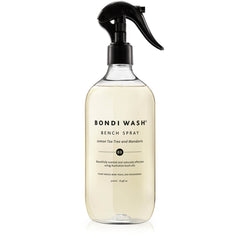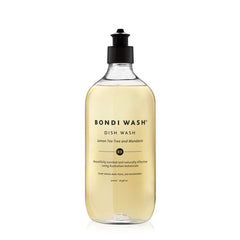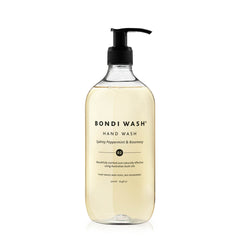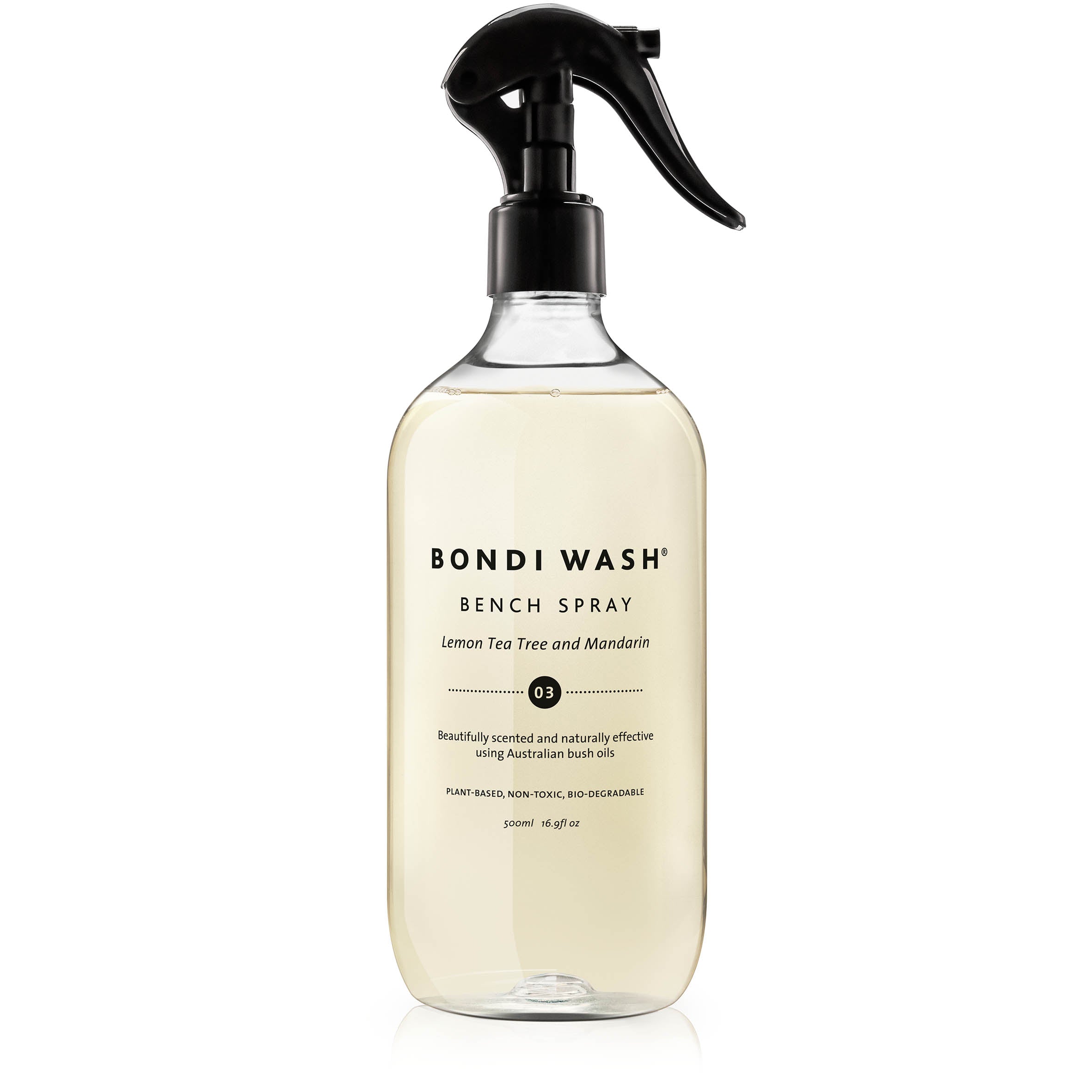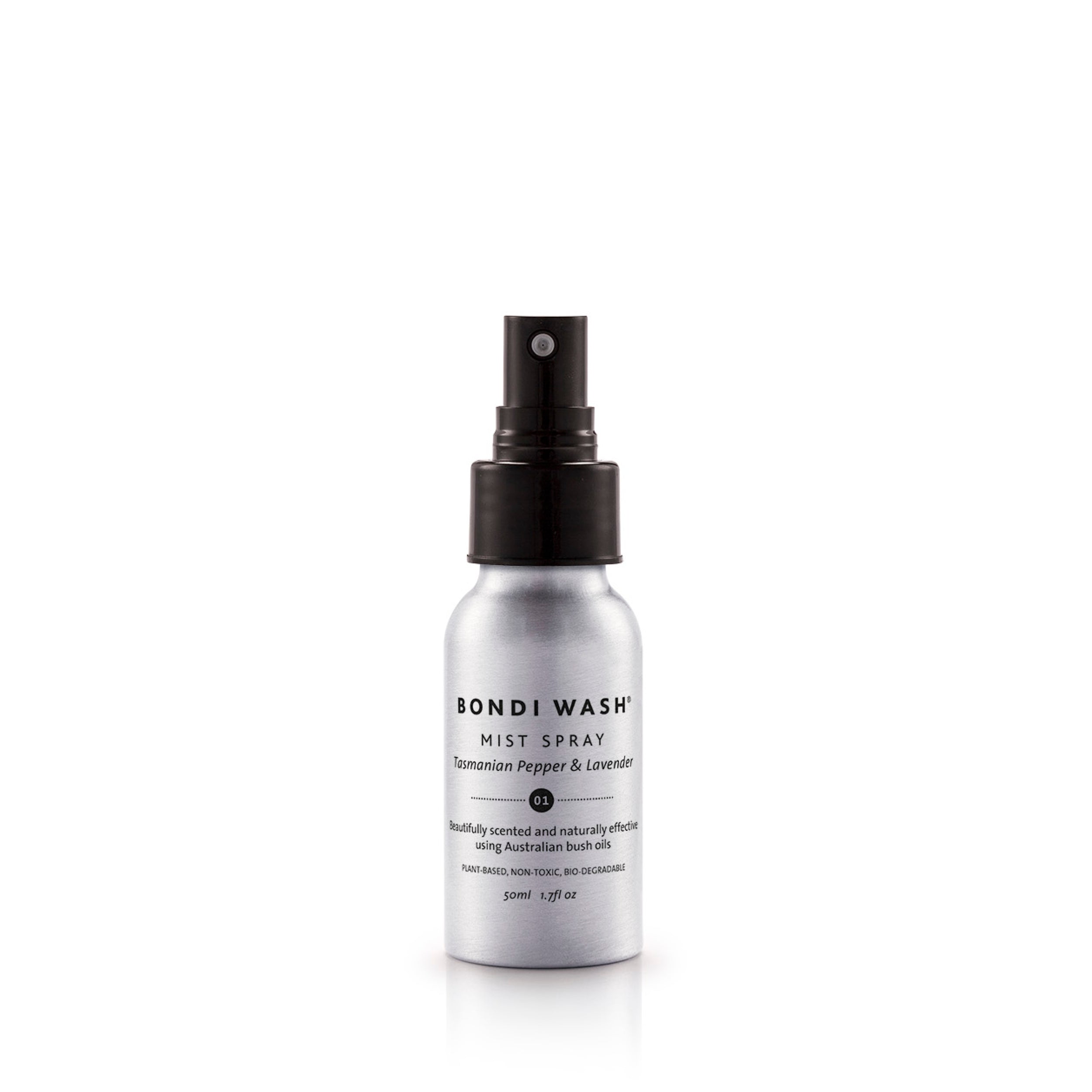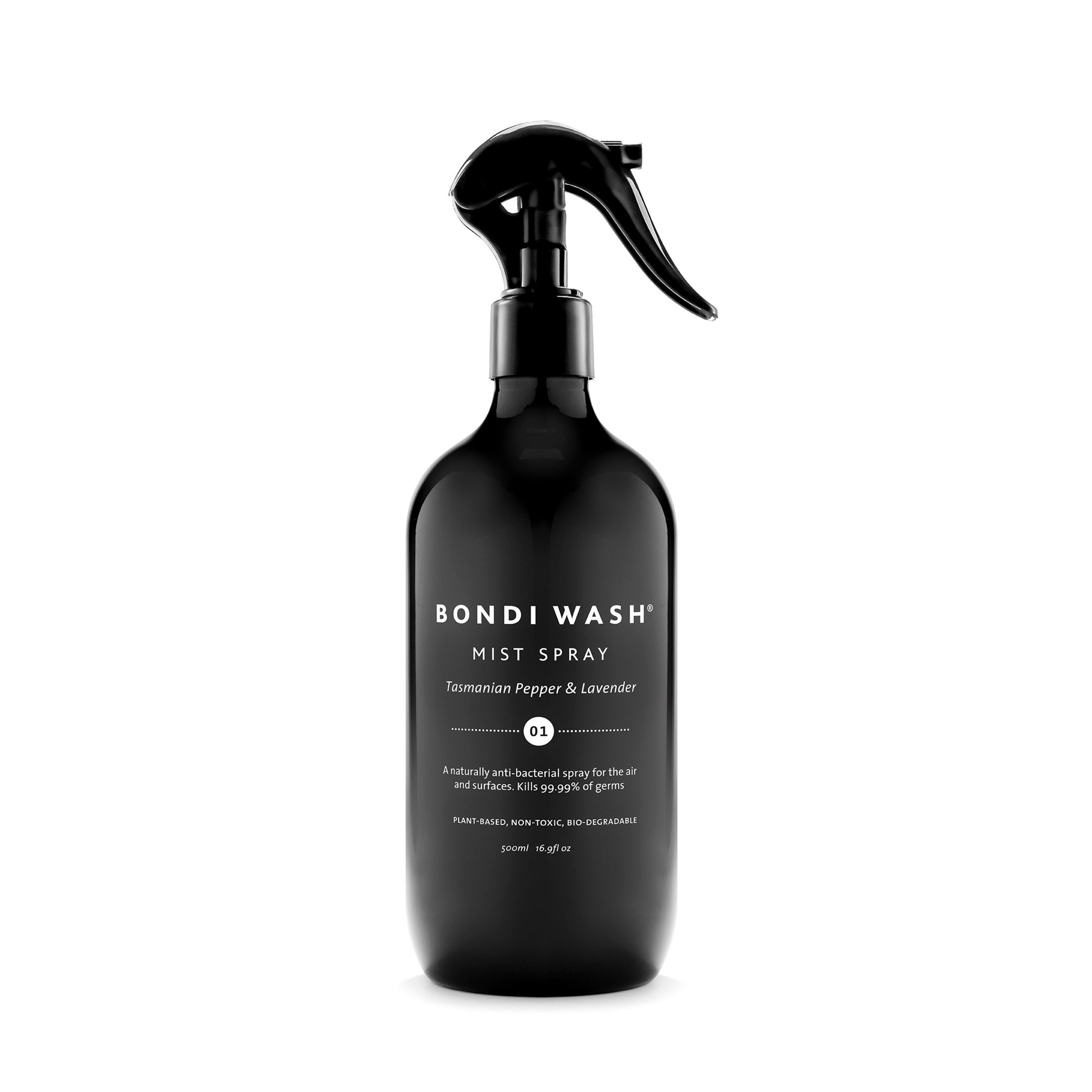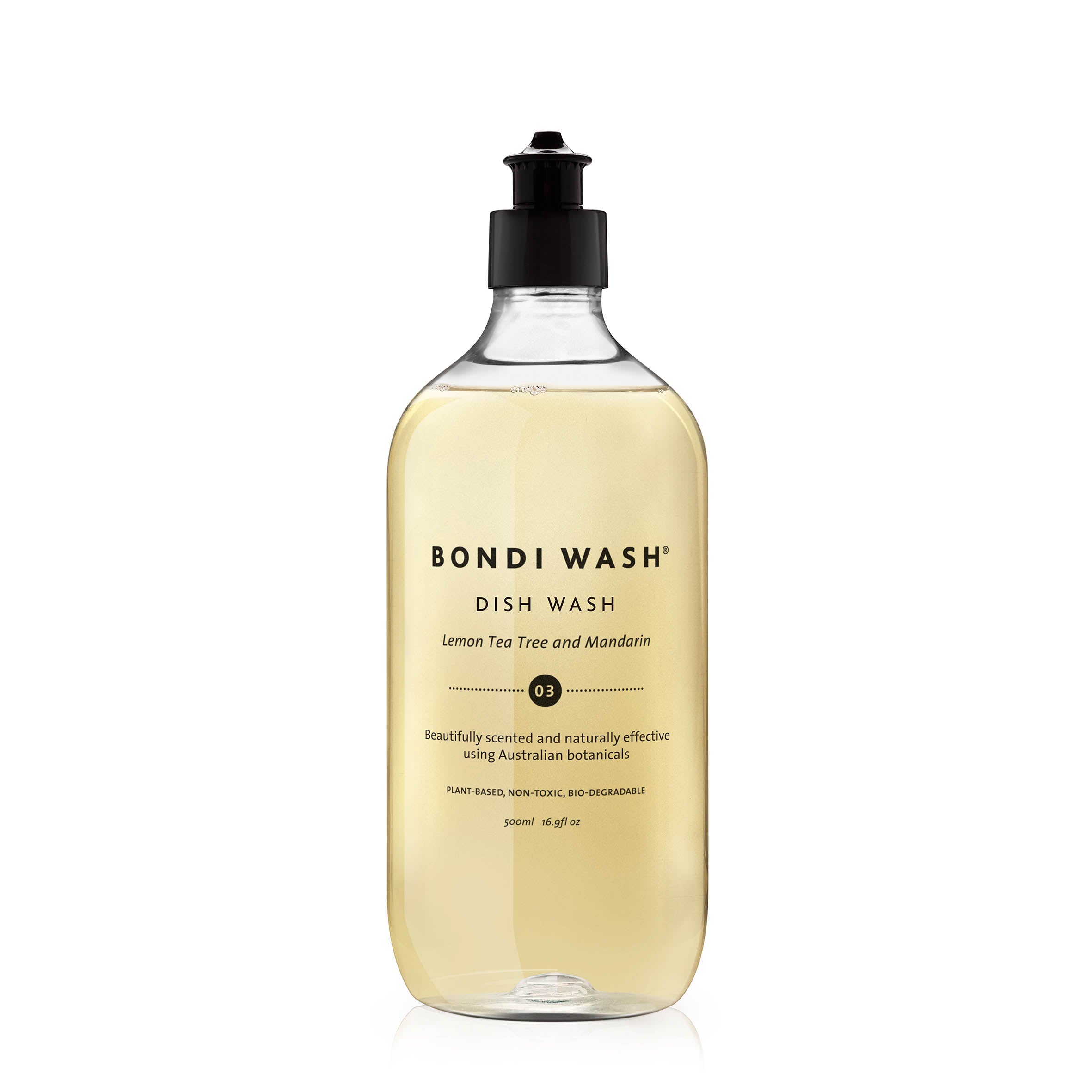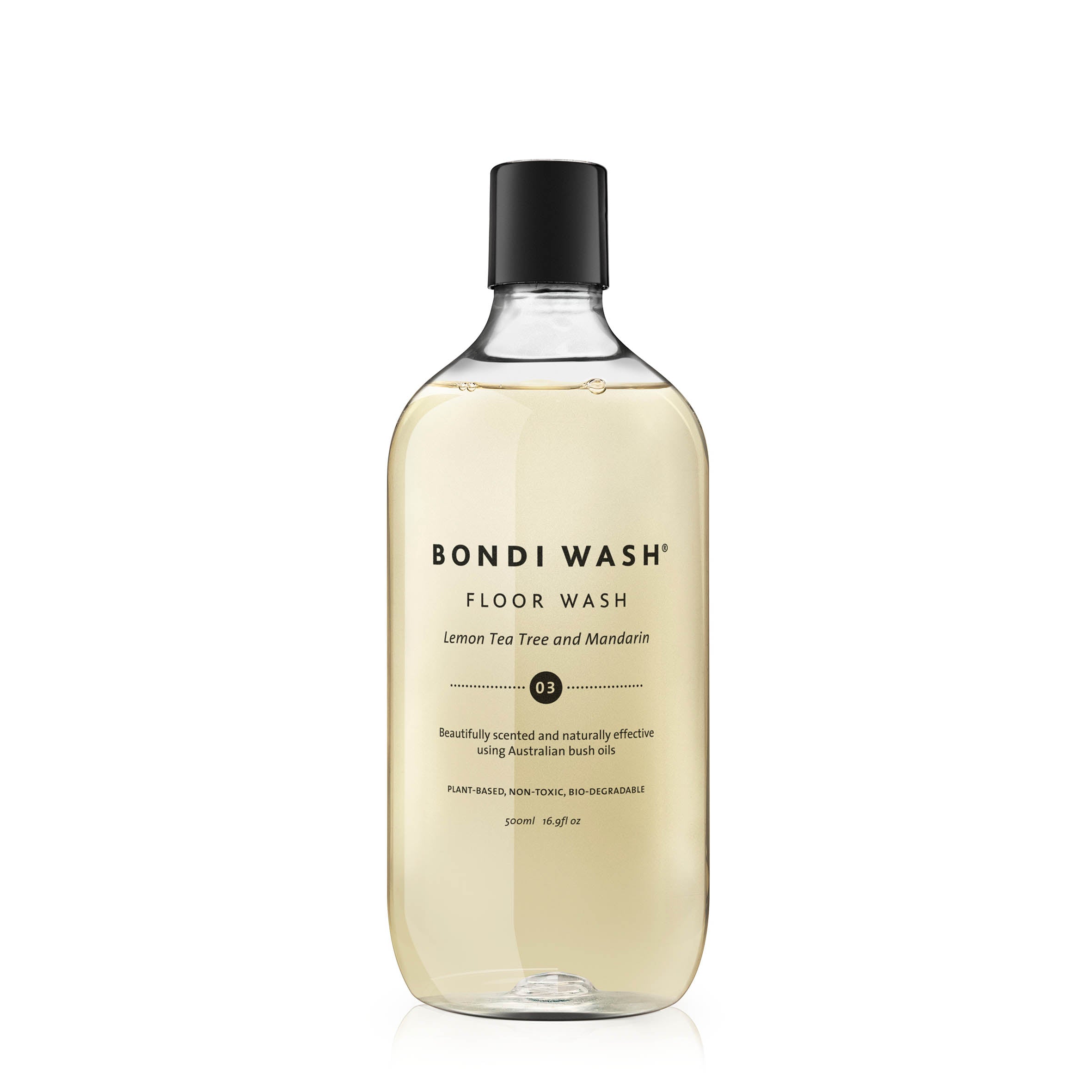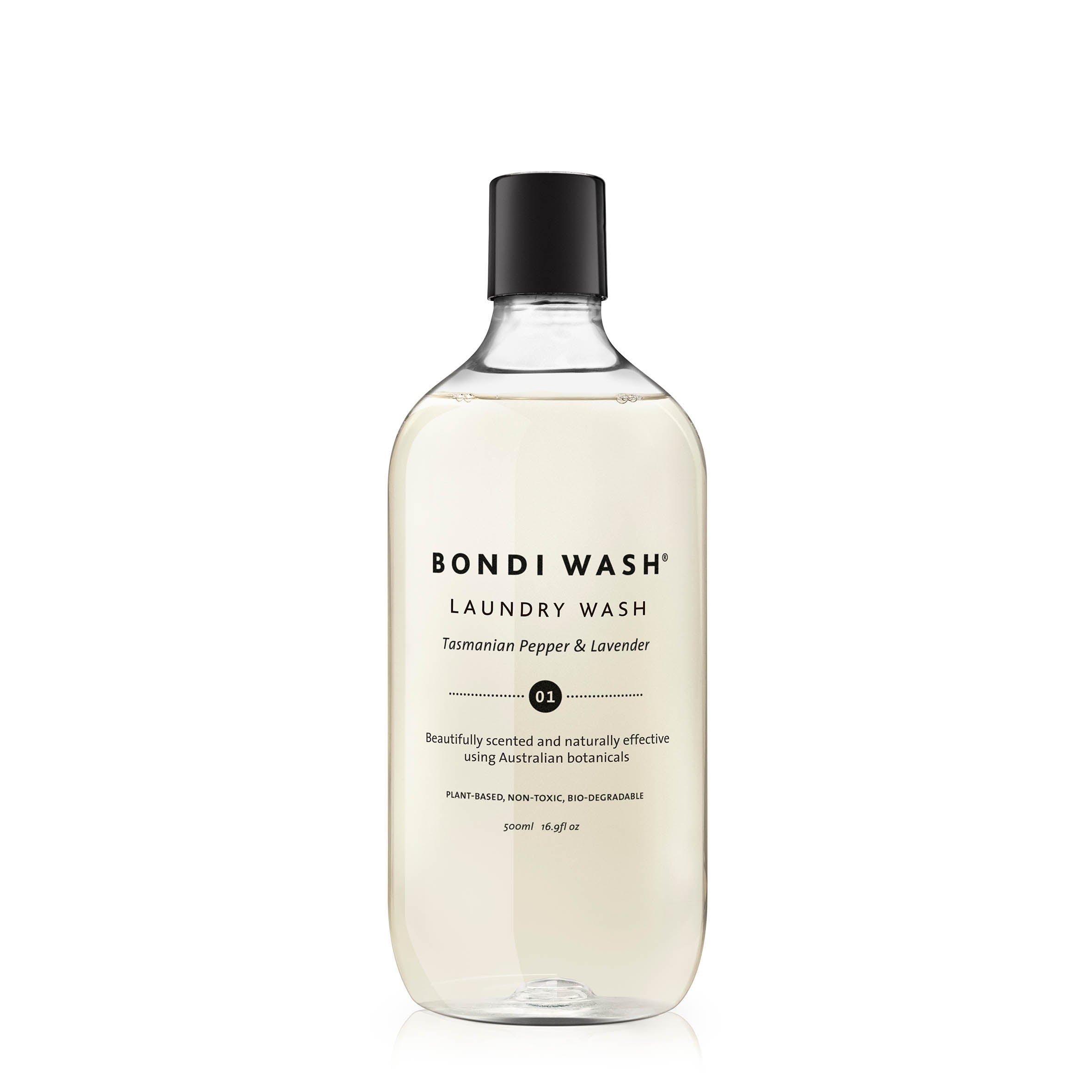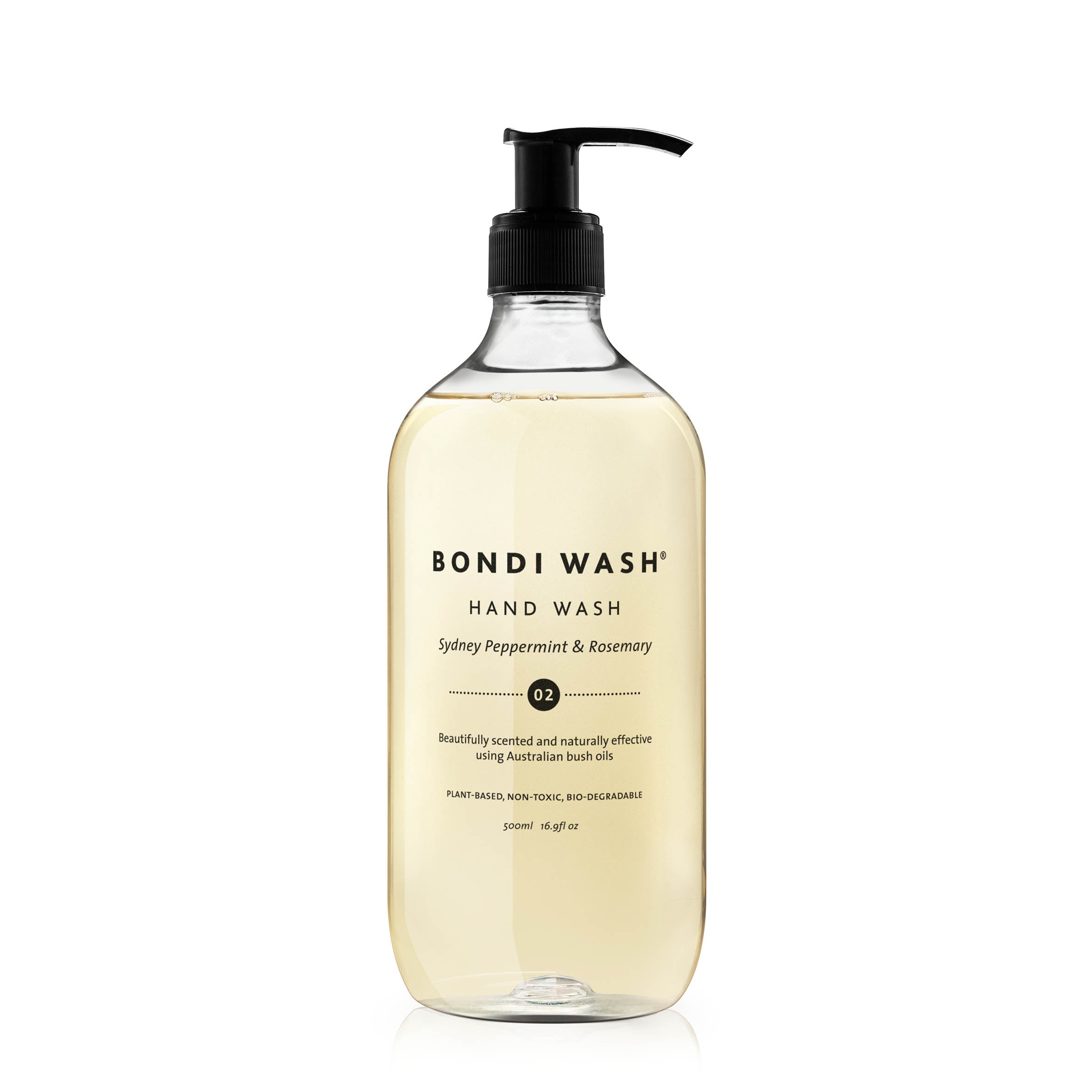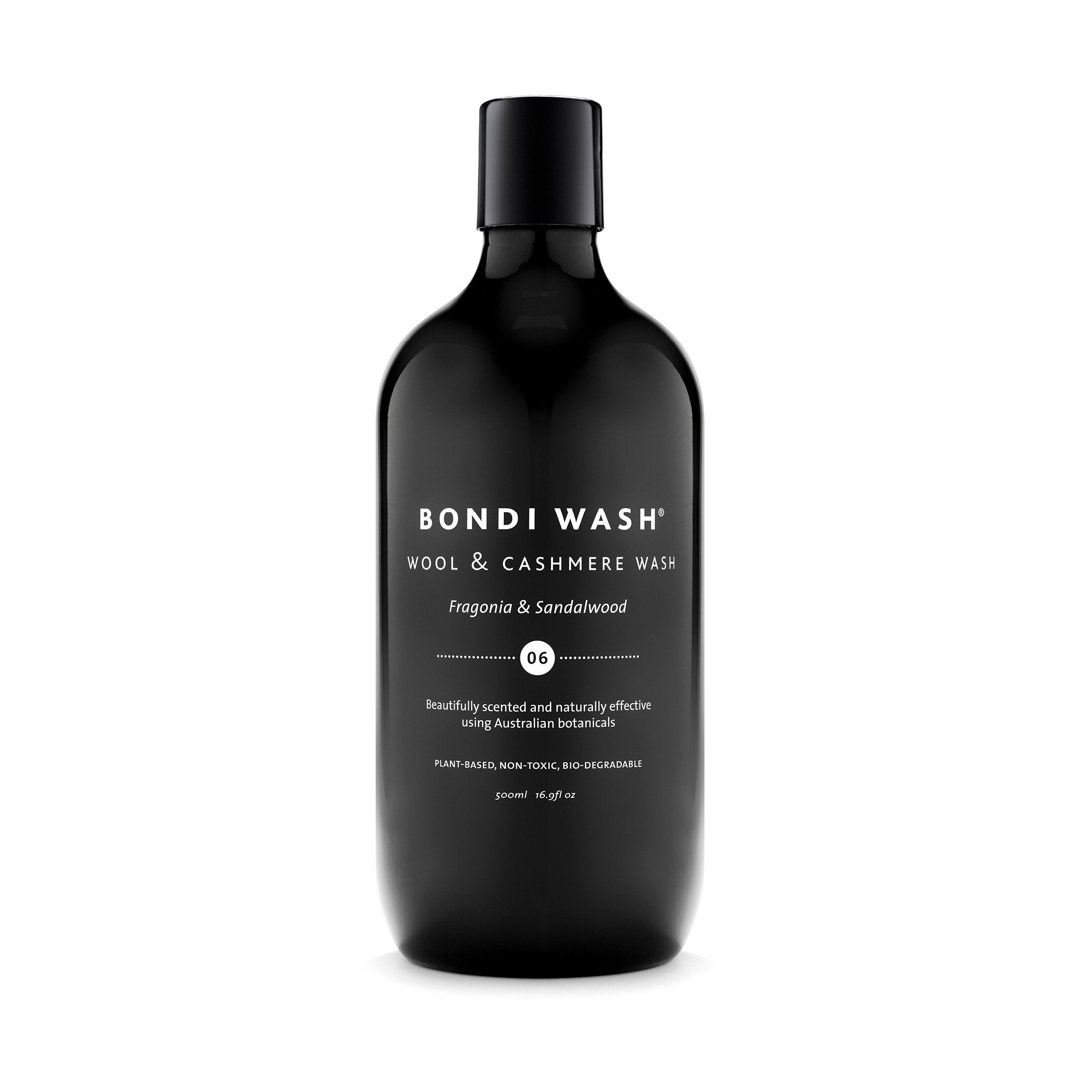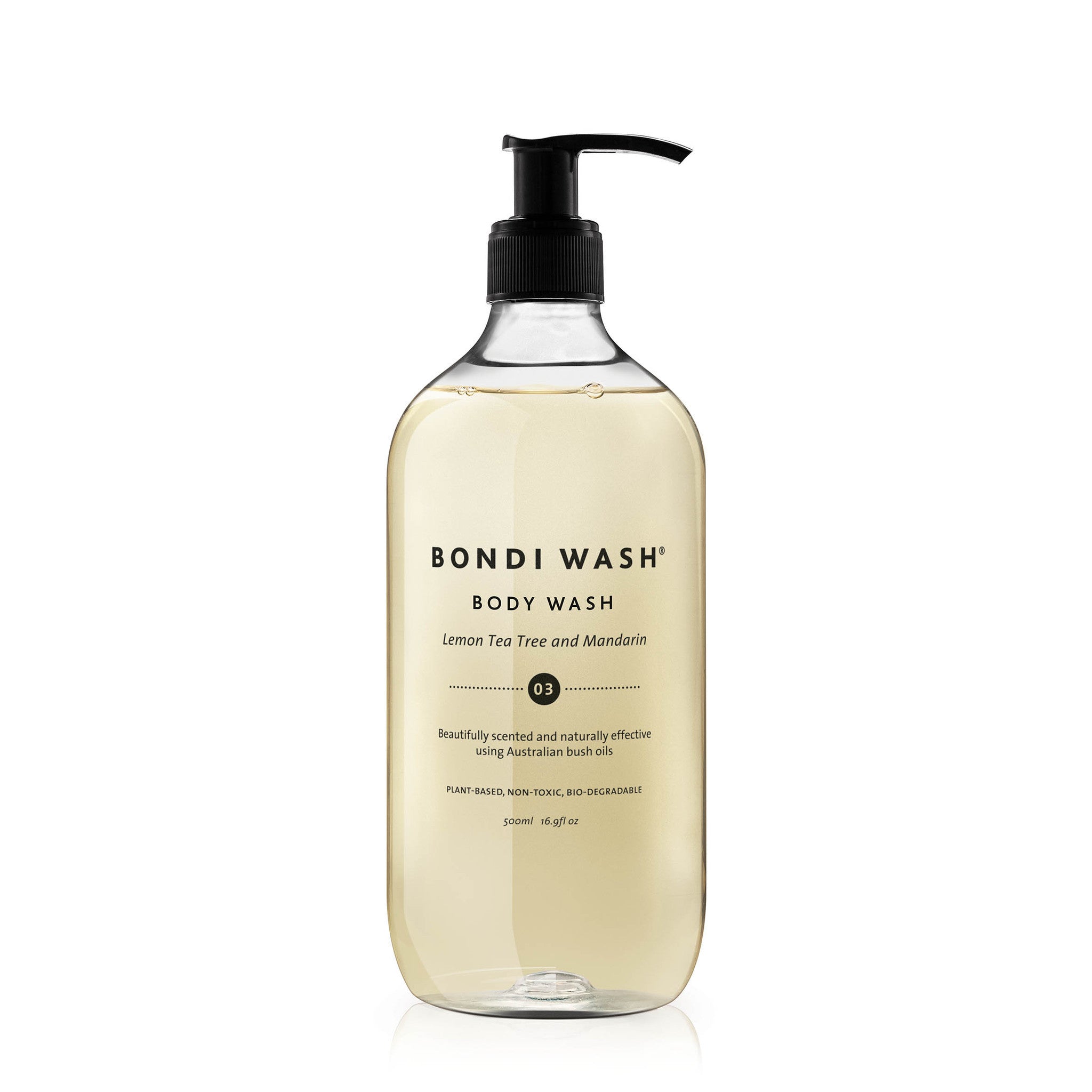As the weather warms, insects inevitably become part of daily life—whether on an early evening walk, at an outdoor gathering, or while tending to the garden. While insect repellents are often a seasonal must-have, many conventional options leave much to be desired when it comes to scent, skin sensitivity, and overall experience.
Rethinking Traditional Repellents
Many conventional repellents rely on synthetic ingredients such as DEET or picaridin, which have been developed for their ability to deter insects. While effective, these ingredients can raise concerns for some consumers regarding long-term use and everyday practicality.
According to the U.S. Environmental Protection Agency and other scientific sources, DEET has been associated with skin irritation and, in rare cases, neurological effects when used in high concentrations or over prolonged periods. It is also known to degrade certain plastics and synthetic fabrics, making it less suitable for daily wear (EPA, PubMed Central). Picaridin is generally considered milder but may still cause skin sensitivity in some individuals, particularly those with pre-existing sensitivities to fragrance or topical products (EWG).
As awareness grows around skin health, product safety, and environmental impact, many are beginning to explore gentler alternatives—especially for everyday use.
A Botanical Perspective
Botanical formulations use plant-derived ingredients such as lemon-scented tea tree, citronella, lavender, and eucalyptus, which have long histories of traditional use in discouraging insects. These plants contain naturally occurring aromatic compounds that are widely believed to create an environment less appealing to mosquitoes and bugs.
This knowledge is far from new. Indigenous Australians, for example, have used native botanicals like lemon-scented gum and eucalyptus for generations to support skin care and create more comfortable outdoor environments. Leaves were traditionally crushed and applied to the skin or burned to release fragrant smoke. These traditions inspire many of today’s botanical blends, drawing from centuries of natural wisdom.
A Fragrance-Forward Experience
One of the most compelling reasons many consumers opt for botanical products is their scent. Rather than the sharp or medicinal smell often associated with conventional repellents, botanical blends offer fresh, uplifting aromas. Floral notes, bright citrus, and green herbaceous tones combine to create a more luxurious and enjoyable experience—often closer to a fine fragrance than a functional product.
As more people prioritise wellbeing, comfort, and sensory pleasure in their daily routines, the appeal of plant-based alternatives continues to grow. Whether used during the summer months or year-round in warmer climates, these products offer a thoughtful approach to self-care—rooted in tradition, enhanced by nature.

